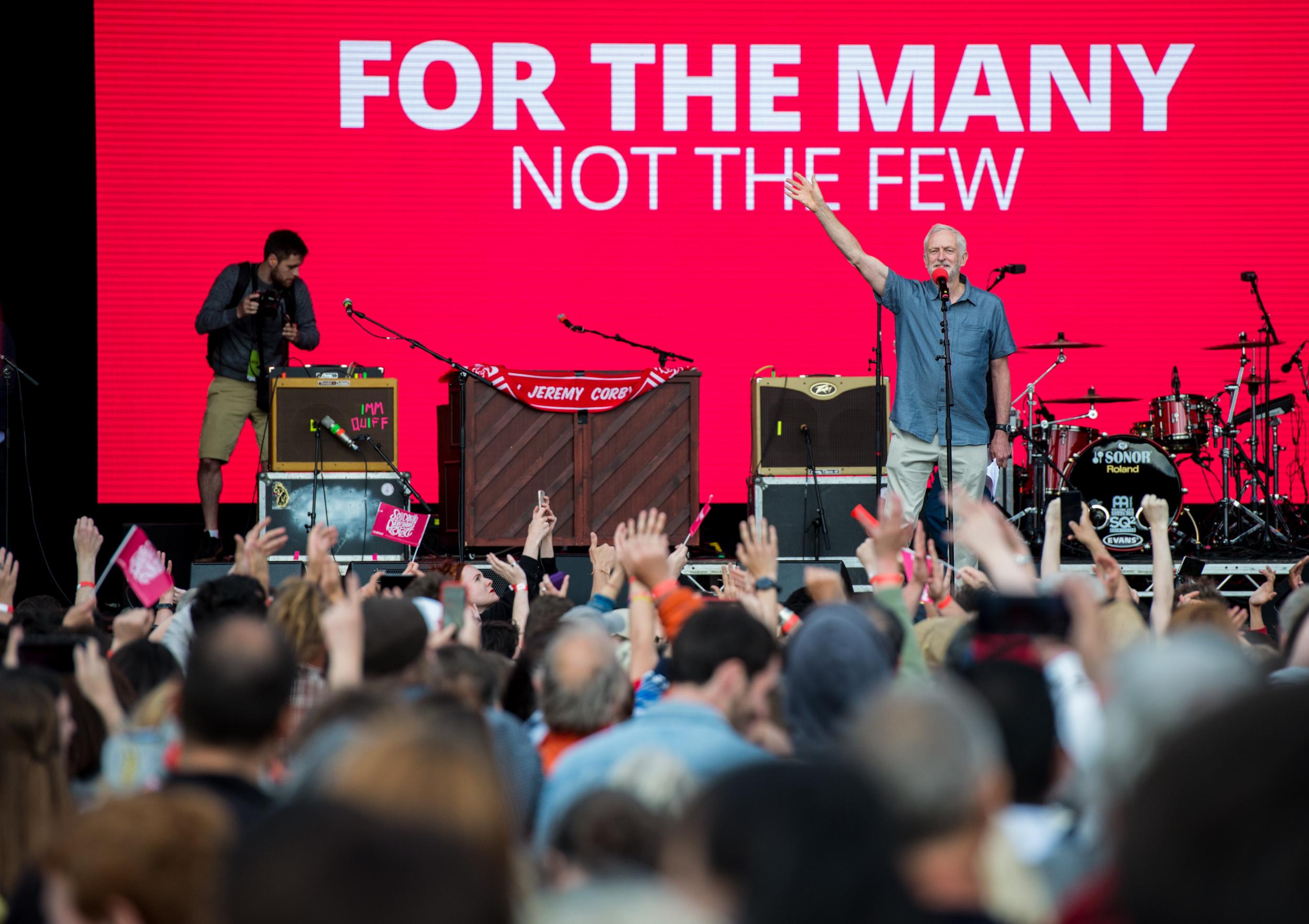The Independent's journalism is supported by our readers. When you purchase through links on our site, we may earn commission.
Corbyn is changing Labour rules to tighten his grip on the party – but the revolution has stalled
Plans to make it easier for Corbyn supporters to replace local council leaders have been leaked


The “democracy review” carried out by Katy Clark, Jeremy Corbyn’s former political secretary, is expected to propose three changes to Labour Party rules:
• Labour leaders on local councils to be elected by local party members rather than councillors
• Candidates for party leader to need nominations from 5 per cent of Labour MPs rather than 10 per cent
• The representative of Labour MEPs on the party’s national executive to be abolished, before Brexit in March
The proposals are expected to be approved by Labour’s national executive next month, and to be passed by the party’s annual conference in September. It was denied yesterday that the plans include a fourth proposal, to abolish the right of an incumbent MP to be shortlisted for a redrawn seat after boundary changes.
The plans are the next camp on the long march of Corbyn’s supporters through the institutions of the Labour Party. Labour local government remains almost completely controlled by non-Corbynites, and so the most important change would be to give local party members the right to choose council leaders.
This is the logical extension of the principle that party members choose the leader of the party nationally, but its aim is plainly factional. A large majority of the party’s 546,000 members are Corbyn supporters, and so this rule could see the dysfunction of the parliamentary party replicated in town halls across the country. In Westminster, Corbyn has the sincere support of little more than 10 per cent of Labour MPs – perhaps 28 out of 258. The rest are unenthusiastic or hostile.
If the rule change goes through, Labour councils could be thrown into confusion or infighting if party members choose one of the minority of Corbyn-supporting councillors as leader, against the wishes of the non-Corbyn majority of councillors. It is not obvious how that is going to work.
This is more important than the change to rules for the election of the party’s national leader. The halving of the threshold required to get on the ballot paper from 10 per cent of Labour MPs to 5 per cent has long been discussed as an attempt to secure the succession for a Corbynite candidate.

In fact, the 10 per cent threshold is not the real obstacle to 69-year-old Corbyn’s replacement with a true believer when he eventually decides to retire. The problem is that party members may love Corbyn but most of them are not ideologues. They are unlikely to vote for Rebecca Long-Bailey, Laura Pidcock or John McDonnell. Emily Thornberry and Angela Rayner, regarded as leftwingers but not “core group” Corbynites, seem better prospects at the moment.
That is the deeper problem for the Corbyn revolution: that it depends so much on the person of Corbyn himself. But another problem is that, even if the party has not passed Peak Corbyn, it is currently on Plateau Corbyn. National party membership is marginally down from its peak of 552,000. Discontent over Corbyn’s pro-Brexit policy is growing. And the significant omission from the “democracy review” proposals is any rule change designed to replace Corbyn’s critics among Labour MPs.
Corbyn’s allies know full well that making it easier to deselect MPs could be a cause of disunity and bad publicity if non-Corbynite MPs decide to fight by-elections to defend their seats. The plans to deselect Labour council leaders could cause enough bitterness and division – they don’t want that to be magnified among national representatives at Westminster.
Join our commenting forum
Join thought-provoking conversations, follow other Independent readers and see their replies
Comments
Bookmark popover
Removed from bookmarks